Radiant floor heating is an increasingly popular way to heat your home and as a relatively new heating solution, we understand that you may have some questions about the fundamentals of this technology. In this guide we’ll answer some of your most frequently asked questions.
1. What is radiant floor heating?
Radiant floor heating is a contemporary, energy-efficient way to heat your home without the need for bulky baseboard heaters.
Floor heaters utilize radiant heat technology to warm a room. Radiant heating warms a room from the ground up and directly into the objects and people in the room, as opposed to central heating, which focuses on heating the air of a room. Radiant heating is a much more energy-conscious way to bring comfort to a space as warm air has a habit of escaping a room.
Floor heaters also requires less energy to run whilst producing the same level of comfort heat as a traditional central heating system – making a Warmup system a cleaner way to heat your home whilst also saving you money on your energy bills.
2. Is radiant floor heating safe?
Underfloor heating is proven to be a very safe heating solution for your home. As an ‘invisible’ system, and unlike central-heat, floor heaters don’t have any hot surfaces or exposed heating elements on which you may injure yourself. There is also no risk of electric shocks with these systems. Radiant heaters are also beneficial to your wellbeing as it keeps the air in the space fresher by reducing the circulation of dust – a common problem in rooms with central heating.
Our products feature globally recognized safety accreditations, including UL. To find accreditations for individual products, see the product literature.
For guaranteed safety, it is important to always have your heating system installed by a fully qualified installer who has worked with floor heating before.
3. Will radiant floor heating save me money?
Radiant heating is an energy-conscious heating solution for your project and can provide great savings on your heating bills. Underfloor heating offers quicker heat-up times than central heating and runs at lower temperatures whilst producing the same level of warmth. You can maximize the efficiency of a floor heater by installing a system with our Insulation Boards, which can improve heat-up times and help prevent heat from escaping the room and by controlling the system with a Warmup Smart Thermostat which can save you up to $490 a year on your annual energy bills.
The cost of purchasing a system and getting it installed varies on the size and scope of your project. Water systems are more expensive to purchase and install but provide lower long-term running costs whereas our systems are competitively priced but rely on electricity which typically has a higher running cost. Installing the StickyMat system with accompanying Insulation and a heating controller in a typically sized bathroom would cost about $815 plus tax and installation costs but the cost of this can be absorbed by long-term savings on your heating bills.
Get a quote today or find out more about the outlaying costs and running costs of a Warmup system.
4. How do radiant floor heaters work?
Electric floor heaters are composed of electric heating wires, often formed as a heating mat, which are installed below the floor finish and conduct electricity and convert this energy into an optimal radiant heat output. The temperature and heat schedule of the system is controlled and managed using a dedicated thermostat.
Water floor heating systems, also known as hydronic systems, utilize heating pipes which distribute warm water throughout the system to heat the space radiantly. This water is blended from hot water from your heat source (a combi-boiler or ground heat pump for example) and cooler water from the pipework via a Manifold, which regulates pressure, temperature and flow.
5. What are the main floor heating options available?
At this time, Warmup offers only electric radiant floor heaters in North America. There are two main electric underfloor heating categories: dry installation and heating cables which require a leveler or thinset over the product. If you are considering electric underfloor heating, our customer experience team will be happy to specify the best option for your project.
A hybrid radiant heating solution is also a popular choice. Electric systems can be installed as secondary heat sources in a project which will be primarily heated by a central heating system for instance. You can also install electric and hydronic systems to heat a home in unison.
6. What type of floor finish is best for radiant heating?
No matter what floor finish you are using in a project, there is a Warmup radiant floor heater suitable for you.
Due to their natural, heat-conductive properties, stone and tiles are ideal to be heated by an underfloor heating system. For wood flooring, you can use either natural or engineered wood, however, we recommend thinner, denser wood to allow for optimal performance of a heating system.
Stone or ceramic tiles‘ suitability for floor heating make them the perfect choice for bathrooms and kitchens. Tiles heat up quickly and help distribute this heat evenly away from the heater and radiantly into the room. The DCM-PRO Decoupling System has been designed for use with tiled floors; its membrane features anti-fracture technology which can protect your tiles from potential cracks caused by subfloor movement.
Softer floor types like carpet or vinyl can be heated by a wide range of our electric heating solutions with the Foil Heater being a great choice for warming up carpeted spaces.
- Read our guide to the best flooring for radiant heating here
7. Is radiant floor heating suitable for my project?
The perfect heater for your project is dependent on a few key things:
- the space you are installing it in
- its size and ceiling heights
- the floor finish you will be using it with
As a rule of thumb, we suggest installing electric systems for renovation projects or for use in smaller domestic settings and water systems for new-build projects or larger spaces. This is because electric floor heaters have a much lower floor build-up height than water systems and offer faster installation times.
If you were renovating a bathroom that features ceramic floor tiles for instance, we would recommend our StickyMat, which has been specifically designed for such projects. If you were working on a larger construction project, such as building your own home, we may recommend installing a water underfloor heating system.
All our floor heaters should be installed by a qualified installer who has fit underfloor heating before and a heat-loss calculation should be undertaken to understand the heating requirements of the space.
- For more advice, use our online system selector here.
8. How thick is an underfloor heating system?
Many of our floor heating systems will have little to no noticeable impact on floor build-up heights.
The StickyMat features the thinnest heating wire on the market, at just 1.8mm – meaning this heater can be installed in almost any space with very little effect on floor build-up. The StickyMat System also provides a great low-profile solution; it’s only 3mm thick and offers rapid installation times. Both the Loose Wire and StickyMat systems can be installed inside the layer of tile adhesive or leveling compound, so won’t raise floor heights at all.
Hydronic systems typically have a greater impact on raising floors so it’s best to specify a water heating system at the early stage of a new-build design process.
9. Do I need a special thermostat to control an underfloor heating system?
All floor heaters are controlled by a specific thermostat or series of thermostats depending on the scale of your project. Warmup offers a wide range of thermostats to suit your requirements, whether you prefer a Smart thermostat or a simpler dial-based thermostat.
The 4iE Smart WiFi Thermostat works with your smartphone for remote access to create an intuitive, automatic heating schedule for your home. Or our Tempo Programmable Thermostat allows you to set your heating schedule manually.
Our Smart Thermostats can also be controlled using other Smart technologies in your home, such as the Amazon Echo – to find out more about this compatibly, read our guide here.
10. How long does radiant floor heating take to warm up?
Electric floor heaters provide quick heat-up times but the exact time it takes to heat up a room depends on a few variables, such as:
- The size of the room
- The heat-loss and the insulation of the space
- The floor finish used.
- The type of system and heat source
However, you can expect an electric floor heater in a tiled bathroom to reach an optimal comfort temperature in as little as 20 minutes. Water systems take longer to initially heat up but once they are running effectively, a more constant heat is produced.
The ideal temperature underfloor heating should be run at also varies; for wood, carpets and vinyl floor finishes we recommend a maximum heat temperature of 81 degrees and for stone and tiles, a slightly higher temperature of 86 degrees.
- Find out about more about underfloor heating
- Get a Quote for your project

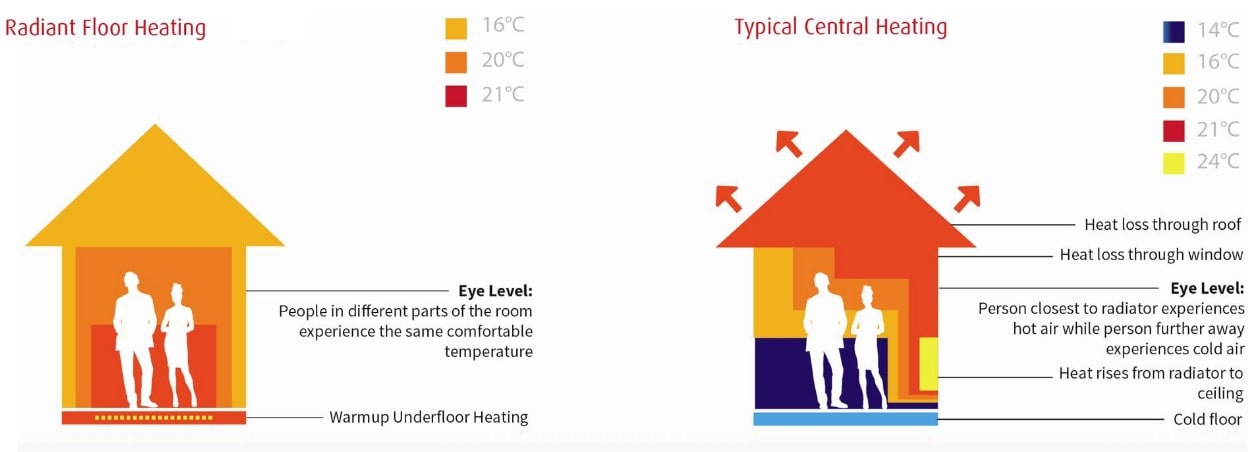



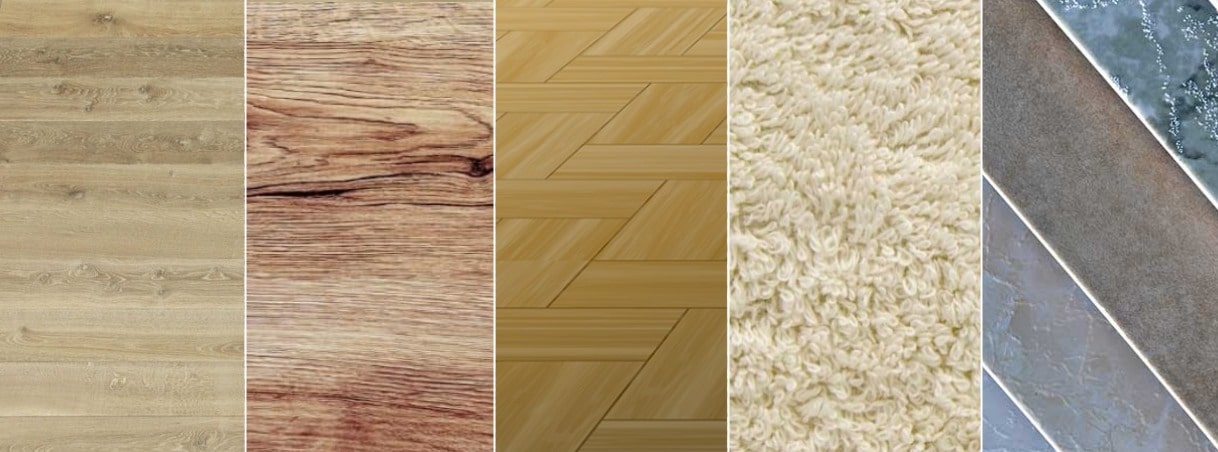
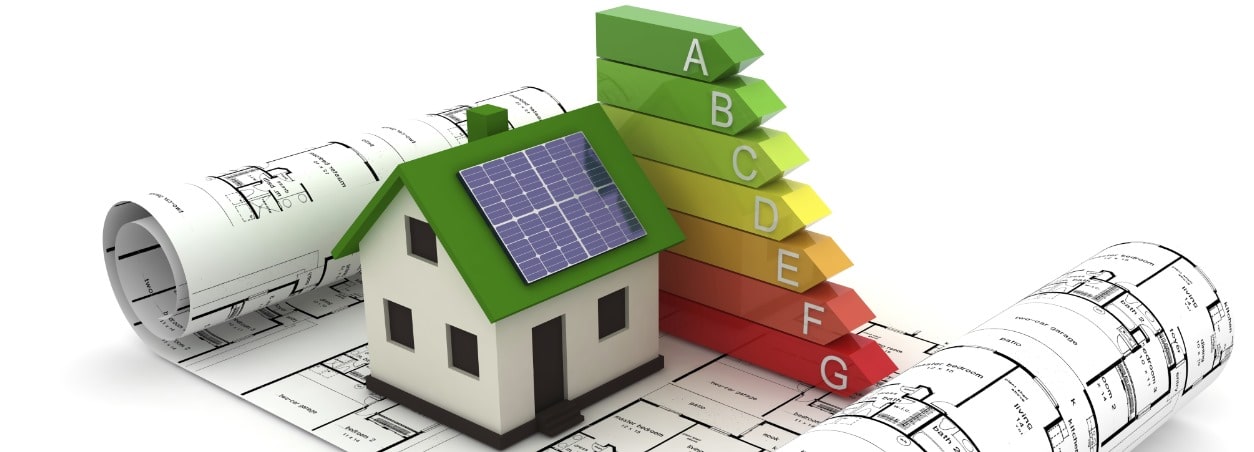
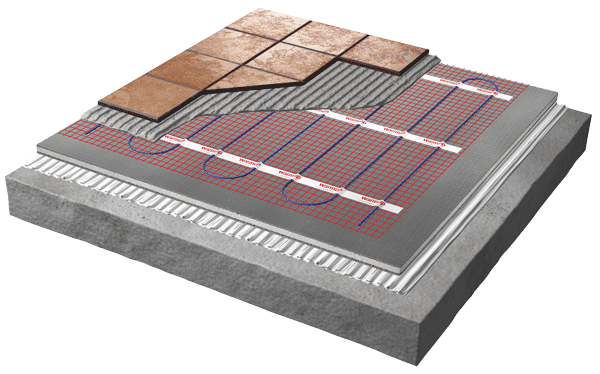

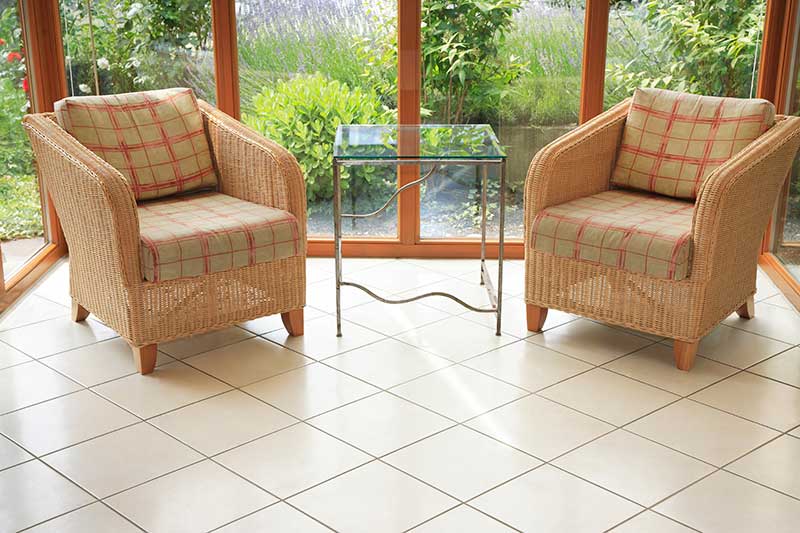

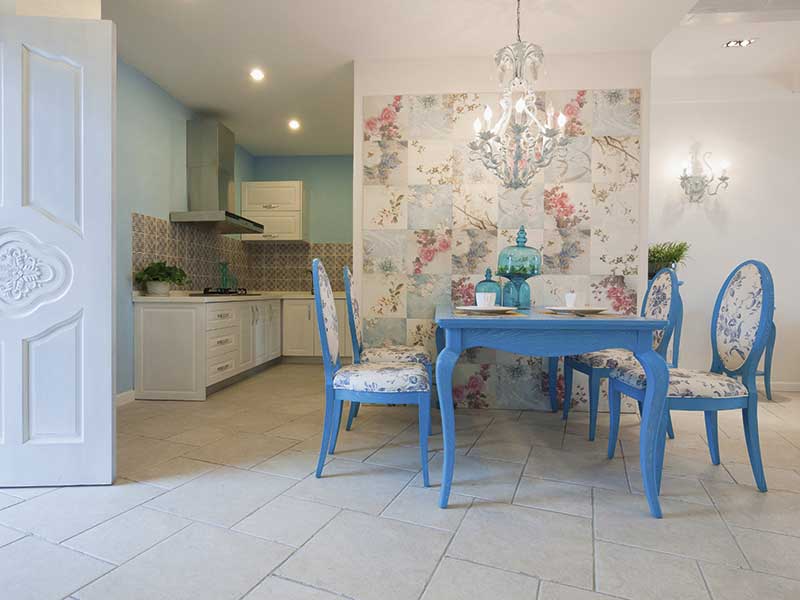

![Thumbnail [200x250]](/wp-content/uploads/Indoor-Systems-Page-Image.png)
![Thumbnail [200x250]](/wp-content/uploads/image-13.png)
![Thumbnail [200x250]](/wp-content/uploads/Projects-Image.png)